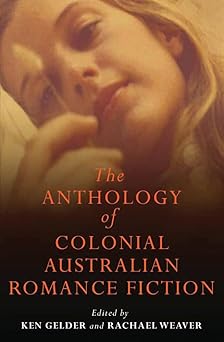Archive
Tragedy and loss
Dear Editor,
In his otherwise eloquent defence (‘Seeing Truganini’, May 2010) of Benjamin Law’s busts of Truganini and Woureddy as ‘irreducible historical objects’, secular works of art and therefore items that should be available for free discussion and exchange, and also in his sketching of the various shades of guilt accompanying this very complex issue, David Hansen, a professional curator, is, I feel, himself ‘guilty’ of looking around these works rather than at them – in fact, not ‘seeing’ them. Dr Hansen says: ‘It is not the sculpture that conveys the extinction myth, but the way the image is and has been used in another past, a later past.’ Focusing on Truganini, he details how, when her bust was made, there were still ‘two hundred full-blood Palawa living’, Darwin’s ‘Origin’ was twenty years off, Truganini was ‘smart and vivacious, young and attractive’, and she and her treaty group were ‘A-list colonial celebrities’.
... (read more)In an essay on the poetry of George Crabbe, Peter Porter wrote, ‘It is a great pleasure to me, a man for the littoral any day, to read Crabbe’s description of the East Anglian coast.’ Happily, there is by now a substantial and various array of writings about Porter’s work, and I would like simply to add that his being, metaphorically, ‘a man for the littoral’, with all its interfusions, is one of his distinguishing qualities, and something to rejoice in. Coastlands, and marshes, are essential to his intellect and to his imagination. He may never have had one foot in Eden, but he did rejoice in a plurality of territories.
... (read more)The Anthology of Colonial Australian Romance Fiction edited by Ken Gelder and Rachael Weaver
Always an afterthought, last thing left
in that mad dash to spit and polish
before visitors – rare here, so I forget
how others might read you if they looked up:
weird residue of disuse, proof of slackness, antisocial.







